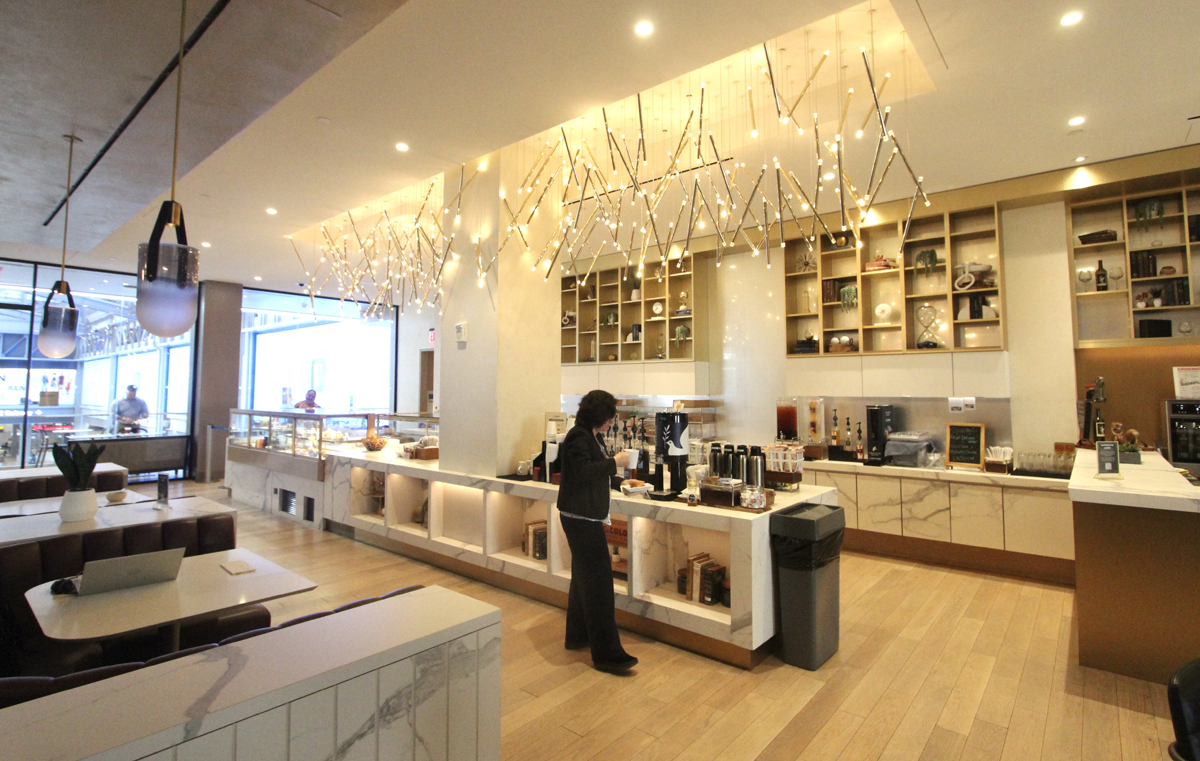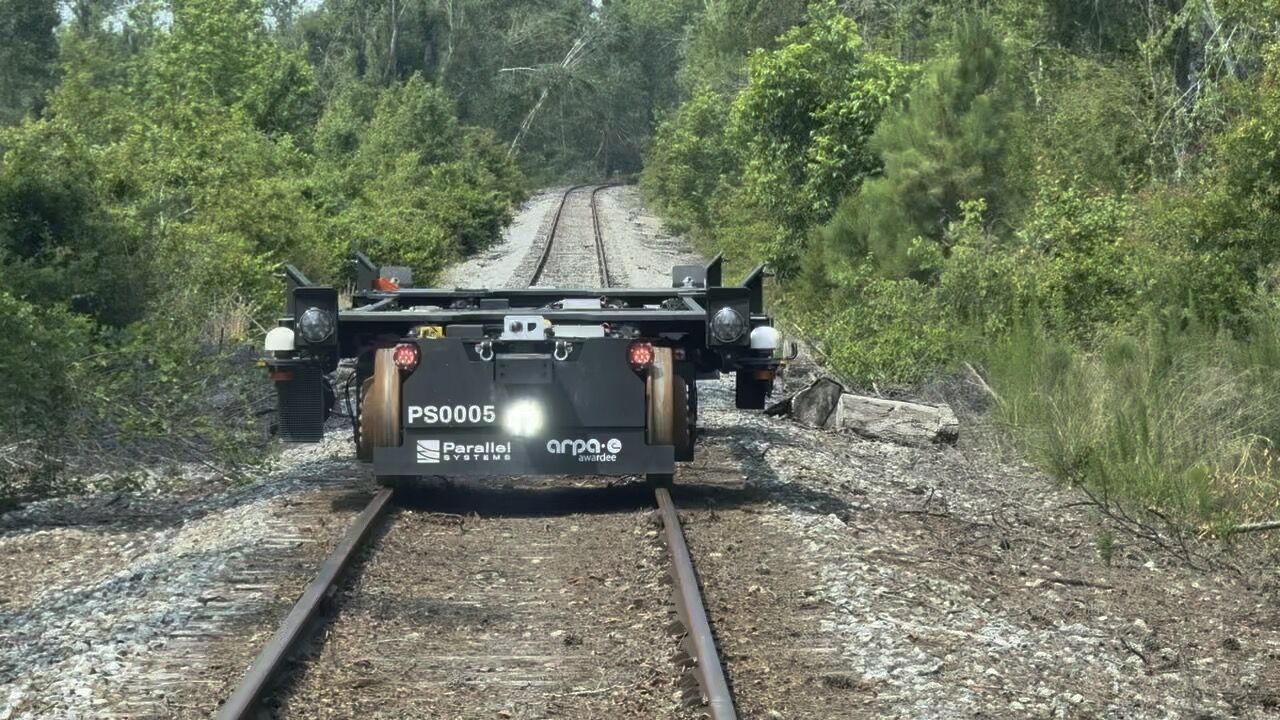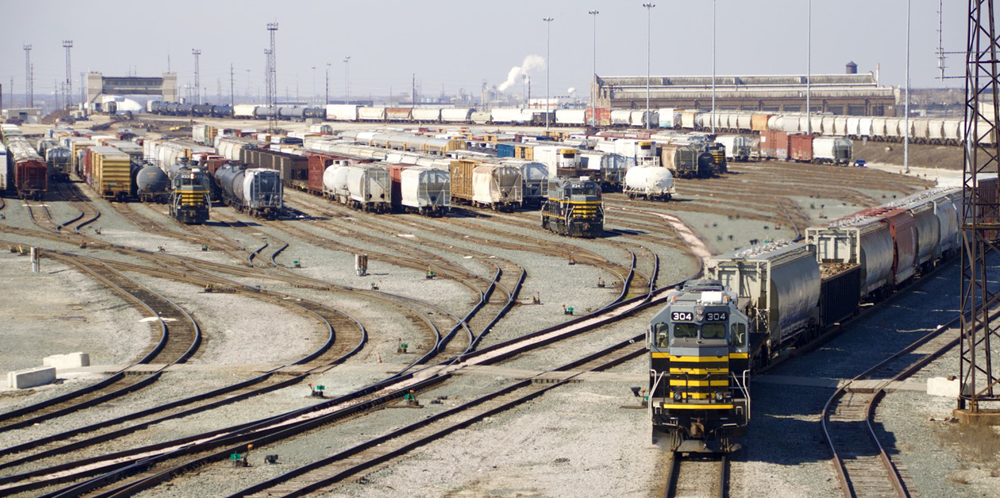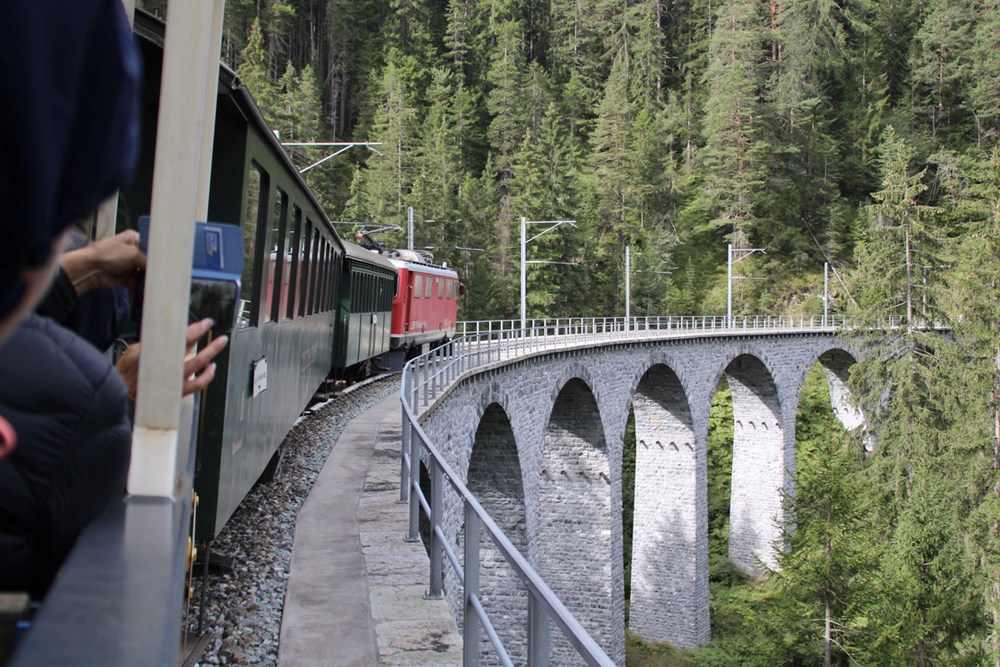But it’s also a major player internationally. Greenbrier has joint ventures in Europe and Brazil; earlier this year it acquired majority ownership of a Turkish railcar builder. In the most recent fiscal year that ended Aug. 31, 30 percent of its orders for new railcars came from international customers.
The Lake Oswego-based company is looking for more international revenue. Greenbrier and Saudi Railway Co. have announced a joint venture in which Greenbrier will provide up to $100 million in new railcars and lift equipment, and will operate intermodal and other freight terminals. Saudi Railway will provide the locomotives and access to the rail network. The two say the joint venture will operate with a model similar to that of TTX in North America.
Saudi Arabia doesn’t immediately come to mind as a nation with an extensive rail network, but it does have one — more than 3,300 miles — and it’s looking to add to that with plans for additional freight and passenger capacity. The kingdom sees the potential for making Saudi Arabia a regional logistics center with the network stretching from Jordan and Kuwait to Oman and the United Arab Emirates.
“They’re going to have rail links over the next three years between the Red Sea and the Gulf, and that will give Saudi Arabia a very interesting regional hub,” capable of “knocking out five days of ocean transit and avoiding the bottleneck that potentially can be there in the [Persian] Gulf between Saudi Arabia and Iran,” said Justin Roberts, vice president and treasurer, on a conference call with investment analysts following quarterly earnings, according to a transcript compiled by Seeking Alpha.
It also wants to boost employment, and railcar manufacturing is one way to create jobs; Greenbrier has the first right to manufacture and provide railcars for the joint venture’s railcar pool and establish a Saudi-based manufacturing and assembly facility.
This isn’t the first deal between Greenbrier and Saudi Arabia. In 2015, Greenbrier received a contract for nearly 1,200 tank cars for transporting molten sulphur and phosphoric acid. That’s another broad objective for the kingdom — diversifying the economy from the volatile market for crude oil. Developing the freight-rail network is a component of that.
The international market comes with own risks, such as the currently contentious relations between the U.S. and the Saudis over the death of a Saudi critic in a consulate in Istanbul, Turkey. But Roberts is optimistic for the long haul.
“We’ve been an ally of Saudi Arabia for 100 years. The people are good people; they’re going to sort out their issues. I think it’s a very good place to invest because America needs the kingdom and is going to support the kingdom over time and government-to-government they’ll work out the issues that need to be worked out,” Roberts says.
This isn’t likely to be Greenbrier’s last international foray, either. International ventures give the company opportunities to diversify and to tap growth opportunities. It is one reason management has made them one of four key strategic pillars. With the contributions of those ventures combined with trends in the North American market, said Chief Executive Bill Furman on the conference call, “We’re quite likely to have some pleasant surprises from what we’re doing.”















We should have cut ties with that country years ago.
Remember when we boycotted South Africa? South Africa didn’t have oil wells.
So, here we have another example of “business as usual.”